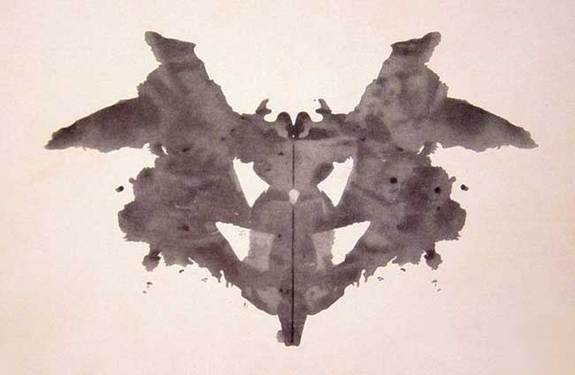In this session of the writing group we will be reading and writing work that uses found material towards a range of differing and varied poetics.
Susan Howe
from ‘Chanting at the Crystal Sea’
from Eikon Basilike and Thorow
 |
Poems From A Pioneer Museum Susan Howe 200932 letterpress cards printed on Canaletto Liscio paper in binders box 130 x 100. 300 copies I copied these poems, almost verbatim, from typed identification cards placed beside items in display cases at Salt Lake City’s Pioneer Memorial Museum founded in 1901 by the Daughters of Utah Pioneers. The artifacts and memorabilia in their collection date from 1847 when Mormon settlers first entered the Valley of the Great Salt Lake until the joining of the railroads at Promontory Point, Utah in 1869. |
Joan Retallack
“In literature, to work in acknowledgment of the limits of logics, to break through to less intelligible forms has been an act of poethical courage” (Joan Retallack).
Kristin Prevallet
‘The Belly of the Ice Man’
“This poem was composed by combining journal excerpts with news clippings from NASA. Because the images that accompanied these news stories were as provocative as the stories themselves, it made sense to also make collages that combined lines from my poems with the images. The round background image is Mars. This poem is considered to be a Parasite Poem, a term invented by Jack Spicer. I wrote an essay on Spicer’s parasites in “Homage to Creeley” for Jacket magazine (http://www.jacket.zip.com.au/jacket07/spicer-prevallet.html) which relates to my current poetic project. This project involves finding sources that my poems feed off of, gain shape from, or grow from. Since the sources themselves are crucial to the development of the poem I cite them in full, rather than disguising them in poetic language. I do not want the poems (the parasites) to take over and control the movement, tone, or direction of the larger composition. The sources are there to make sure that this does not happen. If it does then the parasites (the poems) win and the composition as a whole is nothing more than a mutation, a false resemblance of all the sources that contributed to its creation”
Dan Farrell
‘The Ink Blot Record’ Coach House, (2000).
from Coach House: The Inkblot Record is poet Dan Farrell’s examination of the discourse of the (in)famous Rorschach inkblot test. The Inkblot Record draws from over half a century of responses to the Rorschach test to construct a book-length poem that places many of western society’s foibles and secret neuroses on display for all to see.
Writing Exercises:
Consider the different ways that each of these poets uses found material and experiment with your own versions of their procedures and processes.
